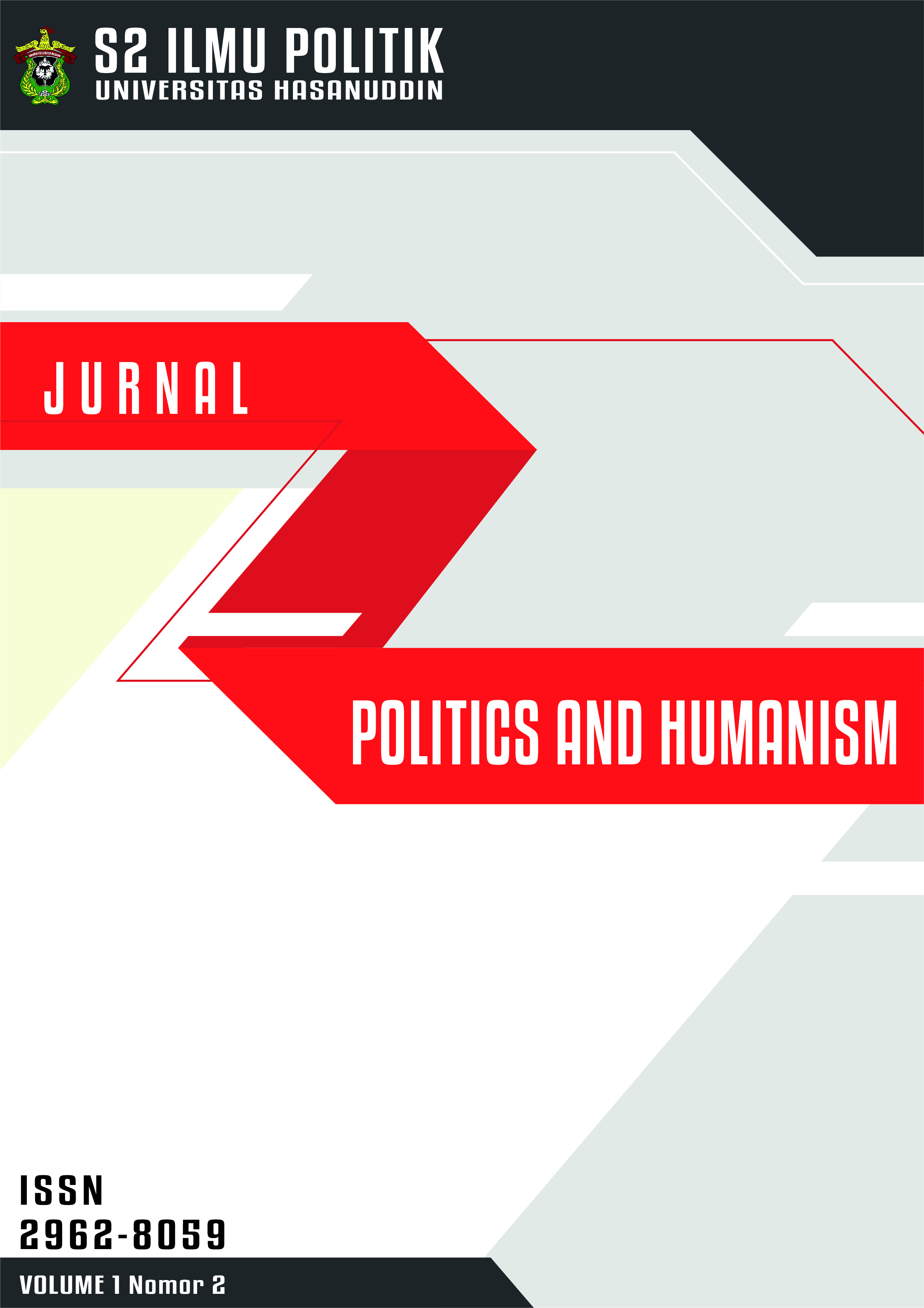Main Article Content
Abstract
Despite its potential, the use of mediation as a conflict resolution mechanism in a religiously affiliated conflict entails a problem in terms of ethical challenges. Both religion and mediation carry its own ethical standards, where, if both collides, might jeopardizes the efficacy of mediation as conflict resolution tool. This article discusses in detail ethical challenges in mediation where religion persists in various manners. Religion might exist in the conflict (1) as the main ideologies of mediator and/or disputants, (2) as the substance being disputed and (3) in the use of religious values as peacemaking resources. Problems may arise in terms of impartiality, conflict of interest, sense of fairness and directiveness, however often it can be seen as situated concept of neutrality especially when the mediator possess profound understanding of the context. As an empirical proof, it is evident Sant’Egidio has faced problems in perception of impartiality, that affected result in both Algeria and Mozambique. This paper further suggests that appropriate pre-mediation assessment in determining the religious dynamic on the dispute is a crucial stage to tackle possible ethical problems to implement mediation in religiously affiliated conflict.
Keywords
religiously affiliated dispute
mediation ethics
Sant’Egidio
Mozambique
Algeria
Article Details

This work is licensed under a Creative Commons Attribution 4.0 International License.
How to Cite
Raharjo, W. A. (2022). Ethical Issues in Religiously Affiliated Disputes: Sant’Egidio’s Mediation in Mozambique and Algeria. Politics and Humanism, 1(2), 52-65. https://doi.org/10.31947/jph.v1i2.23770

